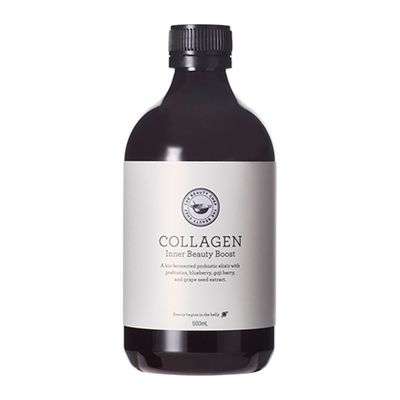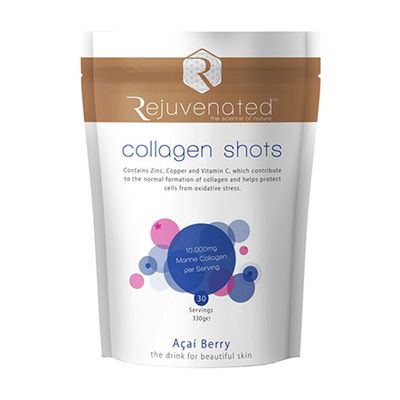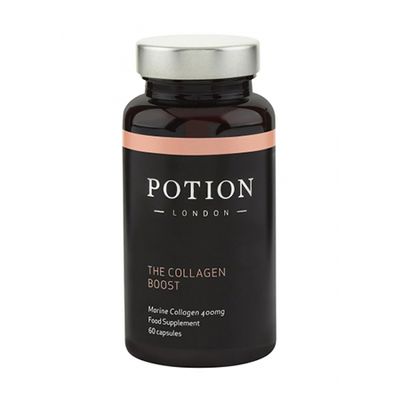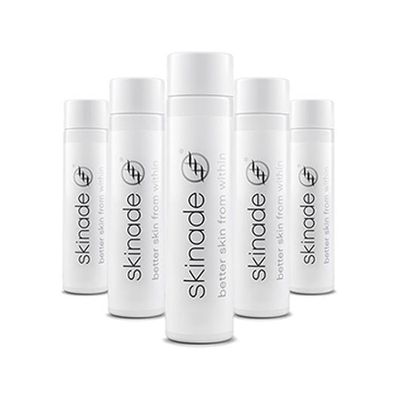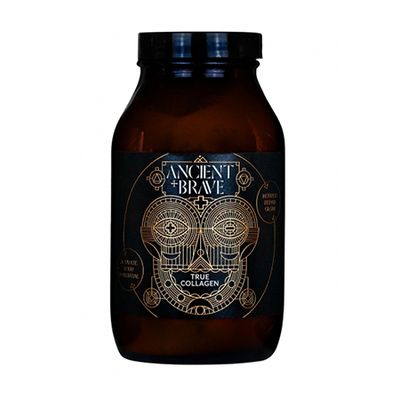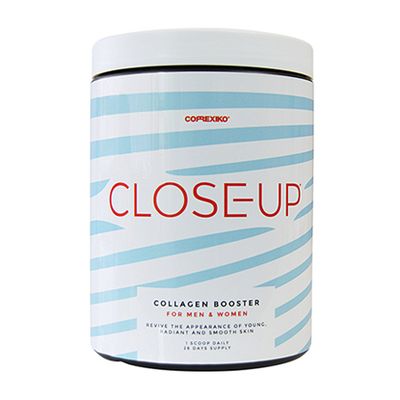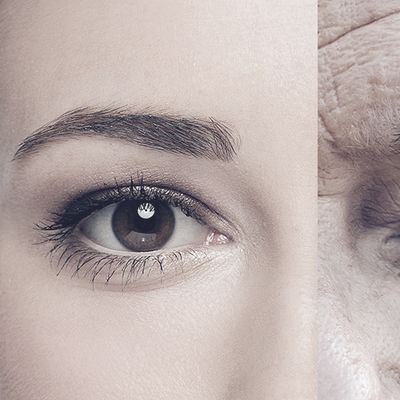
7 Things You Didn’t Know About Collagen
What is collagen and what does it do?
Collagen is the most abundant protein in the human body – serving as the building blocks for our skin, bones and organs. The main component of connective tissue, it cements cells together and gives skin its structure and elasticity. However, collagen production begins to decline as we age. The effects? Dryness, sagginess, dullness, decreased elasticity and a loss of plumpness, along with fine lines and wrinkles.
Collagen also plays a large role in building tissues that supports athletic performance. While many fitness enthusiasts focus just on their muscles when trying to enhance physical performance, the health of the connective tissues – and thus collagen – is also important.
At what age does collagen start to deplete?
Collagen production begins to decline at a rate of around 1% per year from our mid-20s and goes rapidly downhill in our forties and fifties, with the majority of women experiencing a 30% drop in the first few years post-menopause. Environmental factors – such as exposure to pollution and the sun (particularly from UVA rays) as well as smoking – play a large role in the loss of collagen, individuals who either smoke a great deal or who have lived in the sun without wearing SPF tend to age quicker.
However, regardless of external factors, our bodies will naturally produce less collagen as we age. A recent study found a 75% decrease in the amount of collagen in skin from individuals in their 80s who have protected their skin from the sun versus 18-29-year-olds.
Can diet impact collagen levels?
Yes – a poor diet, which is essentially unbalanced and contains too many saturated fats and sugars, can lead to hormonal imbalances, which can affect the skin and disrupt collagen production.
How can you boost collagen levels and how quickly will you see results?
You can easily boost collagen levels from both the inside and outside. The simplest tactic is to wear SPF every day (UVA rays can even penetrate through clouds) and quit smoking. Otherwise, aesthetic doctors can use lasers and ultrasound machines to safely boost collagen. How quickly you will see results depends on the type of treatment and usually a number of sessions are required; visible results can take up to four months.
However, for quicker results – usually in around two to three weeks – try a collagen-based supplement. I recommend Skinade, a drink which should be taken daily to kick-start collagen production; those who use it report better skin as well as glossier hair and stronger nails.
Is liquid collagen better than pills?
Yes – pills are more susceptible to being broken down in the stomach by the digestive system. Liquid supplements, on the other hand, tend not get broken down in the stomach and as a result more of the product’s goodness can be directed to the skin and organs.
When is collagen best taken – morning or night?
You should take a collagen supplement before bed because, as we sleep, our bodies are naturally less active and work to repair any damage to cells. However, it’s worth taking into consideration that Skinade contains a strong vitamin B complex that will boost energy levels, so is better taken during the day, ideally after breakfast.
Can skincare help collagen production?
Investing in specific collagen-boosting skincare alongside a supplement will give a real kick to your overall skin health and well-being. But don’t forget to also include a high-quality vitamin C serum and a good SPF for optimum skin health. Remember that topical products will only address 20% of skin issues, so taking a good-quality supplement alongside a good skincare routine will produce real results.
Shop SL’s edit of the best collagen-boosting supplements below...
DISCLAIMER: We endeavour to always credit the correct original source of every image we use. If you think a credit may be incorrect, please contact us at info@sheerluxe.com.
